Refusing the Tradition of Gender Disparity
May 28, 2019
Story
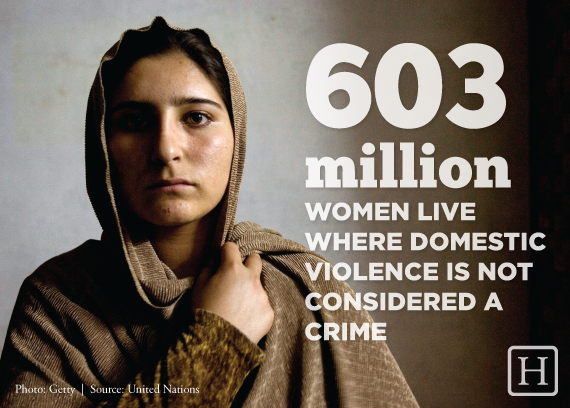
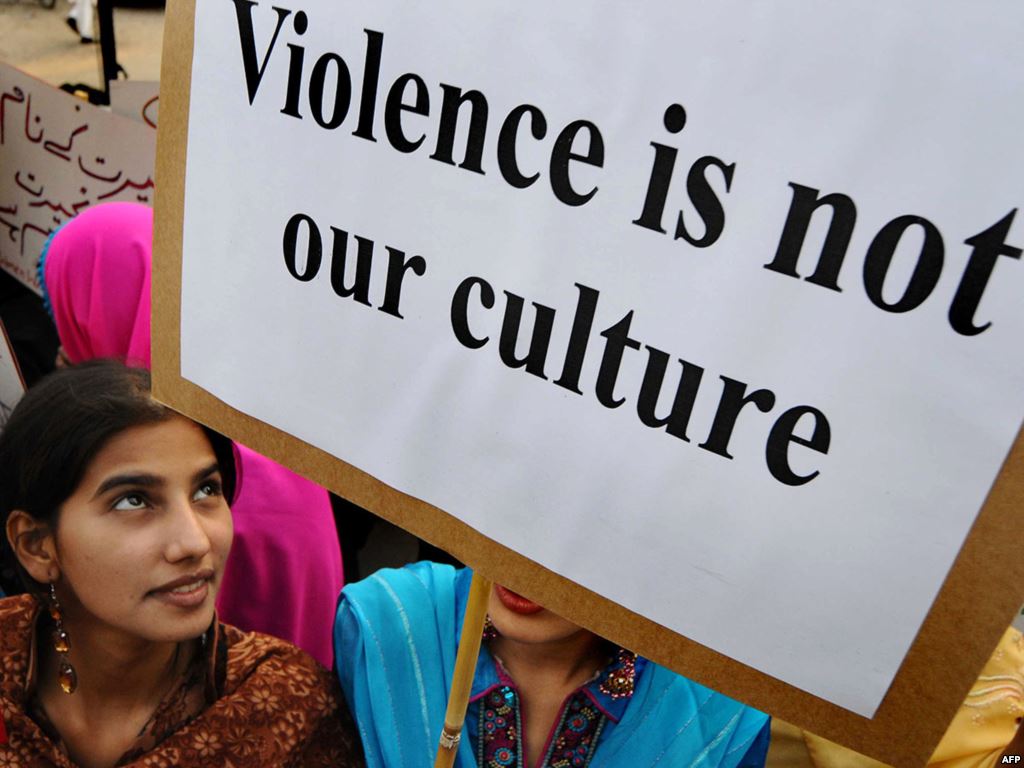
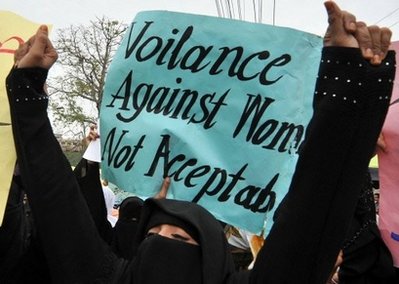
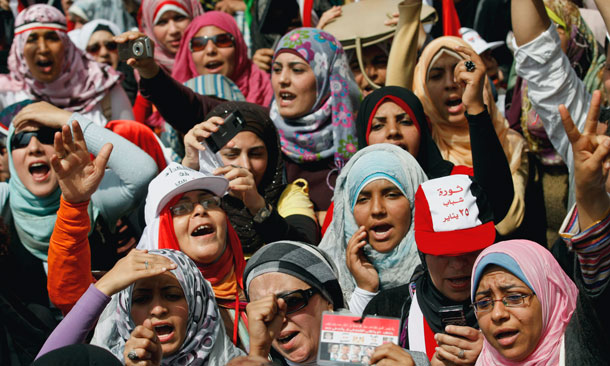
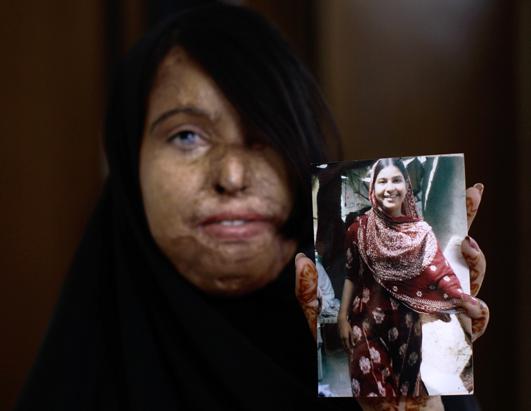
- 27 year old Ahlam struggles to provide a life for her 6 year old daughter, as she works 12 hour night shifts cleaning hotel rooms while trying to complete basic literacy courses. Her husband and sister were killed in Iraq four years ago. Her largest challenge is to find a decent, respectable man that could be a father to her child.
- 19 year old Maleha spends her days cooking and cleaning for her family. The only sister of four brothers, she is also the youngest in her family. The responsibility of looking after her brothers and father is divided between Maleha and her mother. Maleha’s father did not think that it was priority to send her to college because she will soon be married, as her role is always to remain within the home.
- 34 year old Saima takes her 4 year old son, Murtaza, to her job as a full-time housekeeper every morning at 7 am. Having suffering severe beatings while pregnant, Murtaza was born with severe brain injuries. His speech and motor skills are severely impaired, and he experiences rapid emotional outbreaks several times throughout the day. Saima’s employers are sympathethic and knowing of her situation, so this accommodation is a blessing that she hopes to sustain as long as possible.
- 41 year old Leila underwent FGM at the age of 12. Having been a survivor, she is a fierce advocate to protect the young girls in her village in Mali from undergoing the same atrocity that has caused her lifelong physical and psychological pain. She is struggling to educate her immediate family members on the effects of FGM, but they are resistant to her efforts.
All of the women mentioned above are experiencing their struggles and turmoils not in a distant country, but right here, in the United States. Cognitive biases tend to influence the belief that abuse and violence that is perpetuated against women is a foreign problem. Through my work as a global women’s rights’ activist, countless American women have shared their stories of abuse, violence, discrimination, and misfortune. The cultural and social constraints reinforcing gender disparity had seemingly followed them from their birthplace to their destination in America.
Some of the women mentioned above were born in regions of conflict. A surprising number of women who shared their stories with me have come from privileged backgrounds. An equal ratio of women derive from generations of poverty, having been first generation immigrants to America. Others were born in the United States. The colorful mosaic of demographics that represent these experiences all signify the importance of data that has been collected and analyzed by the Full Participation Report, a data driven report on the unfinished business in closing the gender gap through The Bill & Melinda Gates Foundation and the No Ceilings initiative of the Bill, Hillary & Chelsea Clinton Foundation.
The women who have shared experiences of injustice with me have all been unique in their journeys to triumph over adversity. A vast majority of them feel that they live a dual life peppered with American pop culture and silenced oppression. There are so many secrets contained that once the Pandora’s box is opened, an entire beast emerges. Yet, they don’t want to remain victims anymore. They have survived. They want change. And they want their voices heard.
“I thought that when I came to America, there would be more people willing to hear my story and my struggle. But I can’t. I continue to live in shame and fear. I never know how someone will react, that’s why I just stay quiet.” Leila also struggles with being ostracized by her community network. “They think I am too ‘Americanized’ because I reject the traditions they still hold onto from back home. They think I am bad, that my daughters are bad, because we are not like them.”
It isn’t the first time I have heard women claim that life in the US was not what they expected.
For Saima, life has been a continuous unfolding of one devastation after another. Born in severe poverty in Morocco, she was sold into marriage by her father at the age of twelve. She was able to secretly save enough money to come to the United States, where she married a man that also came from Morocco and promised her the American dream. He took away her documents and identification cards. Saima was forced to live in a polygamous marriage for six years, and she endured daily beatings; multiple miscarriages; and run-ins with law enforcement and social service workers who didn’t know how to handle her case. Police intervention ultimately led to separating her and her son completely from the vicious cycle of violence, and Saima was able to start a new blueprint on life after support from a battered women’s shelter.
The extent and duration of Saima's abuse is unacceptable.
Maleha, perhaps because of her youth, still remains optimistic and hopeful for her future. “I really don’t see why I should spend 4 years of my life studying, when I will marry someone who will love me and provide me with everything that I need to live comfortably and happily.” Further introspection led me to Maleha’s mother’s story. Having experienced a divorce in her homeland of Pakistan, she had already suffered stigma and shame for dishonoring her family when she left her then abusive husband. She finds herself “fortunate” that she was able to marry again, and does not want her daughter to go through the societal rejection she experienced.
A denial from one generation passed onto the other won’t break the cycle of gender inequality.
As stated in the full report for NoCeilings.org, “social norms, an equally important influence on gender equality, are hard to change. Violence against women is chronically under-reported, and information on laws addressing gender-based violence is incomplete as well. ”
There is a definite distinction between celebrating tradition and culture, and holding onto values and norms that clearly violate individual rights and personal autonomy.
The hesitancy to address the blurry areas that delicately balance a fine line between infringement versus unacceptable at many times actually reinforces abuse to continue. There are too many stories to share, and not enough space to do so. I have heard firsthand stories of mothers having their daughters sent overseas and forcefully married. I don’t know how to comfort a mother separated from her son because of foreign custodial laws. There is little legislative protection I can offer for a girl who already experienced vacation cutting, FGM that is performed while a child is on school break. I don’t have the authority to challenge individual family structures that void a girl of personal choice and freedom. But I do know that by sharing their stories, I can raise awareness. We must refuse to accept deeply ingrained traditions that continuously perpetrate inequality and injustice.
*Names and exact ages have been changed to protect the privacy of individuals’ personal stories. All stories in this piece were shared with consent.*




